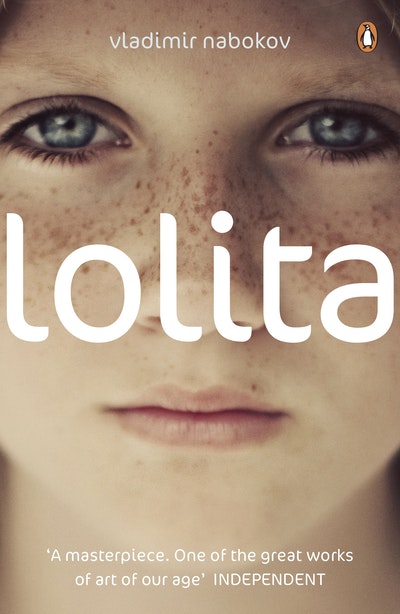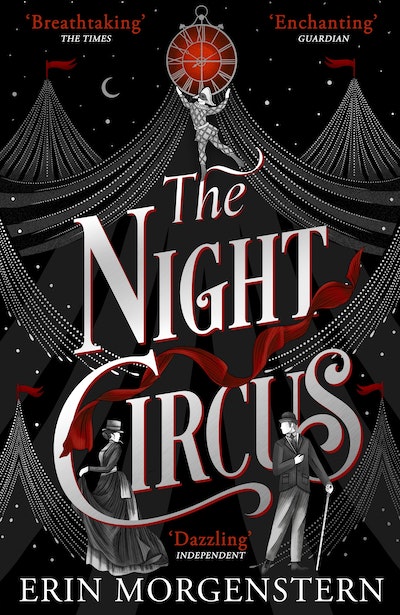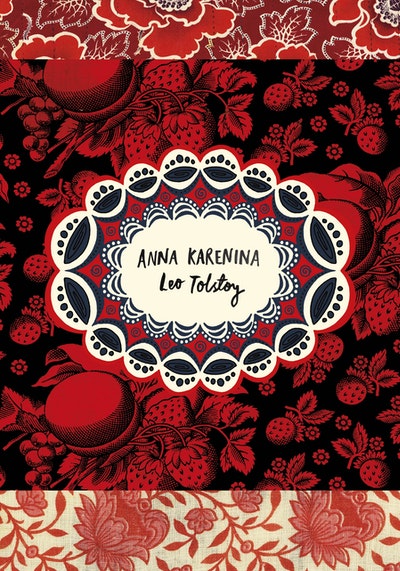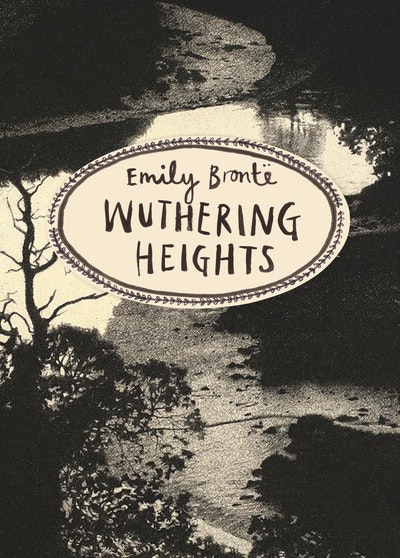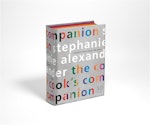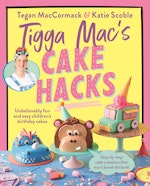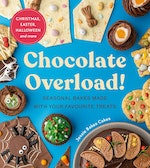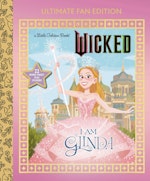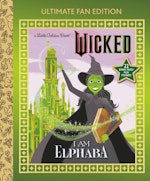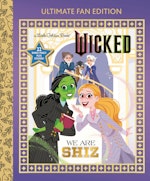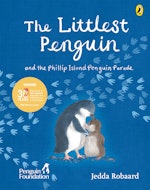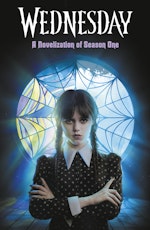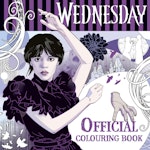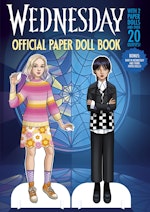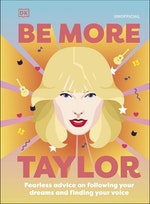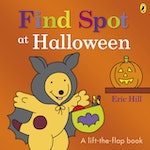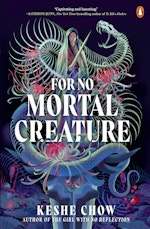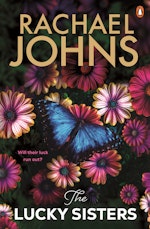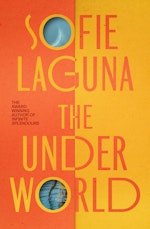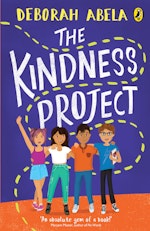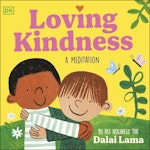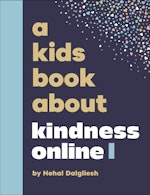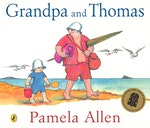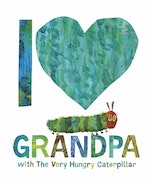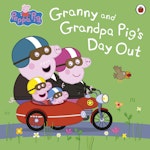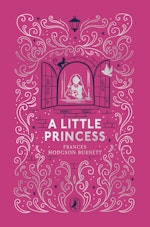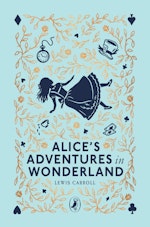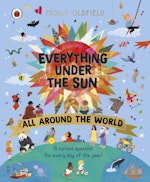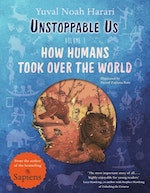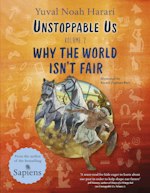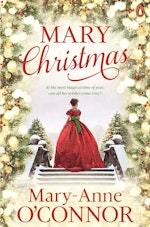Here’s the Shameful Seven. Who have we missed?
With Father’s Day upon us, it’s a great time to take a look at some of the Worst Dads in Literature. Who else would you add to this list? Be sure to take a look at our list of the Best Dads in Literature too.
King Lear in King Lear by William Shakespeare
You’re the ruler of Britain, and you’re getting on a bit – it’s time to hand over the family business to the kids. But how to divide your wealth and power between three daughters? King Lear decides he’ll base his decision on who gives the most gushing answer to the question, ‘Who loves daddy the most?’ Not a great dad move. And Lear handles the fallout with even less skill, whipping mere trouble into what may be the ultimate tragedy.
Humbert in Lolita by Vladimir Nabokov
No elaboration is needed here beyond the basic plot premise: A literature professor named Humbert Humbert becomes stepfather to a 12-year-old girl and soon after begins a sexual relationship with her. First published in 1955, Vladimir Nabokov’s novel remains controversial today, and at the same time a common fixture in ‘Best Novels of All Time’ lists.
Mr Wormwood in Matilda by Roald Dahl
Mr Harry Wormwood is a sneaky, conniving, brash used-car salesman, and an even worse father. It is hard to imagine a less supportive parent – faced with evidence of Matilda’s intelligence and her love of books, instead of being proud, he ridicules her. Like many other poor literary parents, however, he eventually gets his comeuppance when he and the rest of the Wormwoods are forced to flee to Spain once his shady car dealings are discovered.
Prospero in The Night Circus by Erin Morgenstern
Prospero the Enchanter grooms his young daughter, Celia, in magic for the sole purpose of a duel in which only one of the contestants can be left standing. Le Cirque des Rêves is the stage for the magical battle of illusions, transformations and worlds, and Celia’s opponent is Marco, the orphan ward of Prospero’s rival, Mr A.H. When Celia begins to understand the true nature of the duel and her opponent, Prospero sees no remorse and pushes Celia to work harder to win – not to ensure her survival, but for his own glory and ego.
Alexei Karenin in Anna Karenina by Leo Tolstoy
Cold, meticulous and distant, Alexei Karenin treats his wife and son with the same severity and harshness as he approaches his work as a government official. He pays little attention to his son, Seryozha, yet is jealous of his wife’s close relationship with him. At all times vindictive and calculating, he seeks to destroy Seryozha’s relationship with his mother by forbidding them to see each other so that Seryozha will not be corrupted by her sins.
Heathcliff in Wuthering Heights by Emily Brontë
While Heathcliff is known as the romantic anti-hero in Wuthering Heights, we can’t forget his all-consuming passion for vengeance, and it comes to a head when he forces his sickly son into a marriage with Cathy and Edgar’s daughter, Catherine Linton. Heathcliff despises Edgar Linton, believing him as weak mentally as he is physically, and cares little for his son – a truly horrible father.
Pap Finn in The Adventures of Huckleberry Finn by Mark Twain
Pap Finn is the father of Huckleberry Finn, and the main antagonist of this novel. Huck’s adventures start when his no-good Pap locks him up in the cabin in the woods. Pap is an abusive drunk whose only method of parenting is the hitting kind. Pap only wants to keep Huck around as a punching bag and is one of the most loathed villains in literature.

